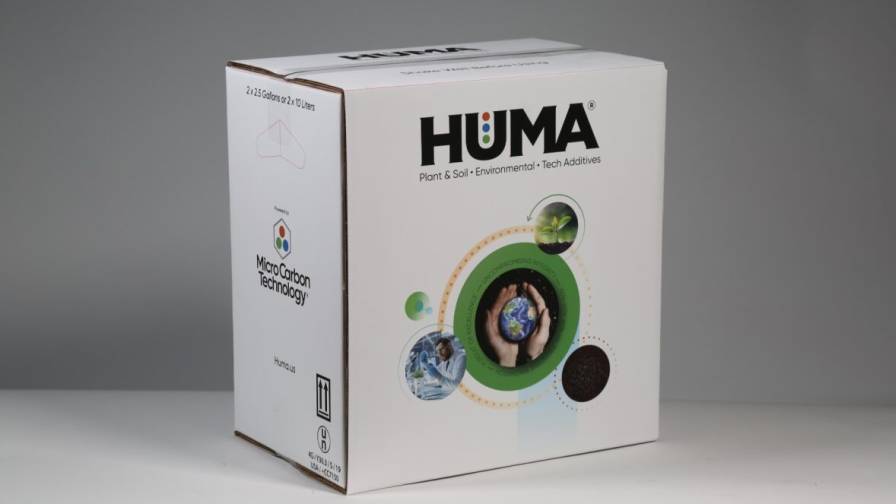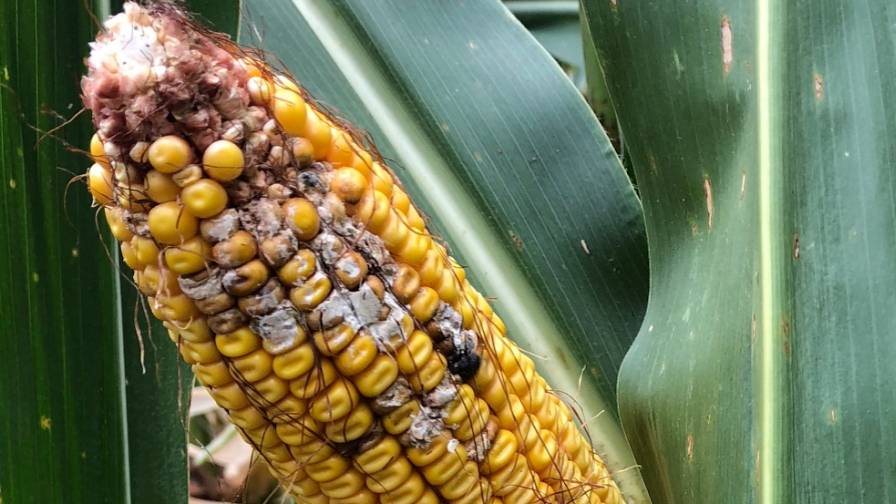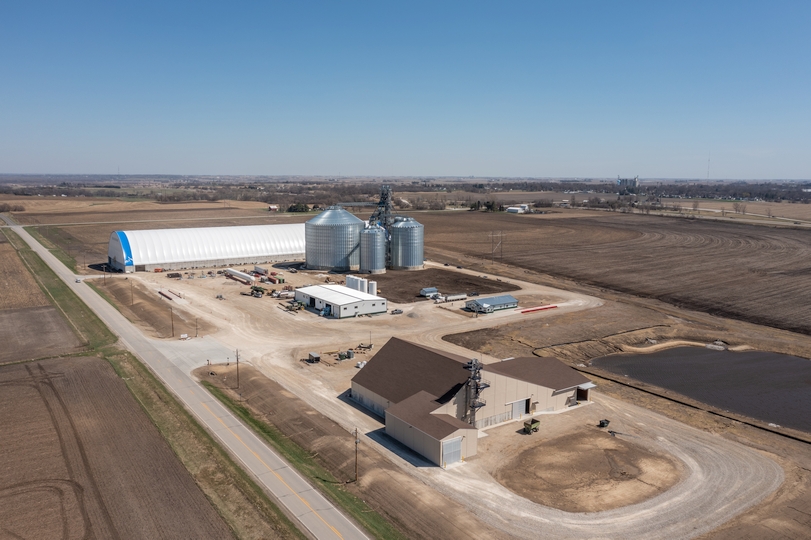Welcome Huma: Multiple Brands, One Unified Name
For some large companies within the agricultural industry with multiple brands in their line-ups, it makes sense to manage them using different market identities. However, after trying this approach for many years now, the company formerly known as Bio Huma Netics decided a more unified, single name approach made more sense.
On June 1, the 50-year-old Gilbert, AZ-based company adopted a new name: Huma, Inc. According to the company, the name “Huma” is inspired by the word “humus” — the highly fertile, organic layer of topsoil that brings life to the soil and our planet.
“With Huma witnessing unprecedented growth, we’re merging our family of brands to streamline our offerings, and ultimately, demonstrate a consistent company fabric across all the industries we touch,” wrote Huma CEO Lyndon Smith in a press release announcing the change. “The name ‘Huma’ illuminates our core focus and strength of developing novel humic solutions, all while reflecting the company’s legacy and guiding our future growth and innovation.”

Huma Chief Marketing Officer Fred Nichols poses in a field.
As Huma was formally rolling out its new name, CropLife® magazine had the opportunity to talk with the company’s Chief Marketing Officer Fred Nichols. Besides discussing the name change, Nichols shared details on the company’s background, its plans for 2023-24, and some of the market goals Huma has going forward a few years.
The One Name Ideal
“Changing our name to ‘Huma’ reflects our mission of driving the soil and plant health movement, along with regen agriculture,” says Nichols. “The transition also promotes brand consistency, further empowering us to trailblaze innovative, all-natural humic solutions for a greener planet and greener bottom line for our customers.”
Of course, a lot of this focus on soil and plant health ties back to the company’s founding, he adds. Back in the early 1970s, Huma Founder Dr. Jordan Smith started hearing from growers in parts of Idaho regarding certain natural deposits in their area that seemed to promote plant growth. Conducting some research of his own, Smith discovered this area contained humates, which seemed to provide a definite benefit to growing plants.
In 1973, Smith officially founded Bio Huma Netics as Sunburst Mining Company by obtaining mining rights to the humate mine in Idaho. In 2017, the company began tapping a second humate mine containing high-quality raw humates in New Mexico.
Over time, the company expanded beyond its original brand, HUMA GRO, to include such brands as FERTILGOLD ORGANICS, HUMA GRO TURF, Mesa Verde Humates, PROBIOTIC SOLUTIONS, and Alpha Synectics. Bio Huma Netics was targeting such marketplaces as turf, environmental, and agriculture. The company also expanded beyond the U.S. market to do business in over 35 countries around the globe.
Despite being owned by the same company, however, each of these brands was best known, says Nichols, in its designated market through its brand name first and foremost.
As the company neared its 50th anniversary, the leadership at Bio Huma Netics decided the time was right to bring all these myriad brands under a single name identity.
“It happened for an evolution and acquisitions related reason,” he says. “While all the brands we developed and acquired over the years had good established brand names, we thought it would be better for the company that marketed them to stand out from the crowd. That’s how we came up with the plan and decided to rename ourselves as Huma.”
Besides the desire to unite all the Huma brands under a single name, Nichols also points to many of the recent trends driving today’s agricultural marketplace for the change. “There has never been a more exciting time to be in agriculture than today,” he says. “There has been so much activity in the markets for humates and biostimulants in recent years, and both of these segments are getting attention from potential users like never before. Given this fact, we at Huma thought we needed to build a bigger, bolder tent to take advantage of these trends, and that’s another reason for our one-brand approach.”
A Measured Rollout
To implement its single name identity, Huma took a measured approach. According to Nichols, the company first informed its employees of the name change back in December 2022. During the early part of 2023, current company partners in the industry were informed via a webcast.

Back in June, Bio Huma Netics adopted a new name: Huma.
“After all these communications had taken place, we finally announced the name change through a press release on June 1,” he says. “And other changes will be rolled out throughout 2023.”
As for the changes themselves, Huma customers will find a new website touting the name. The updated logo features a trio of circles portraying the company’s three pillars (orange to signify humanity, green to signify the environment, and blue to represent technology). The company’s product packaging will also be updated. Finally, Huma-owned Alpha Synectics Laboratory will be renamed Huma Research & Development.
With the Huma name change now being completed, Nichols foresees a bright future for humic-based products and technologies as today’s agricultural world has embraced the concept of sustainability.
“Huma provides groundbreaking technology to boost beneficial microbial activity,” he says. “Using Micro Carbon Technology, which is the foundational building block for Huma, our products can help customers naturally increase nutrient availability and uptake, improve soil and plant health, and offer zero-residue crop protection against pests and diseases.”
Furthermore, Nichols doesn’t expect the need for these kinds of products/agricultural practices to diminish throughout the coming years. “If you really look at today’s agricultural market, it looks very promising for the products Huma has,” he says. “And when you consider sustainable agriculture, we are looking to help drive this movement, not just ride along with it. Farmers are used to farming crops, but we want them to remember to farm the soil, too. That’s where Huma brands can help.”






